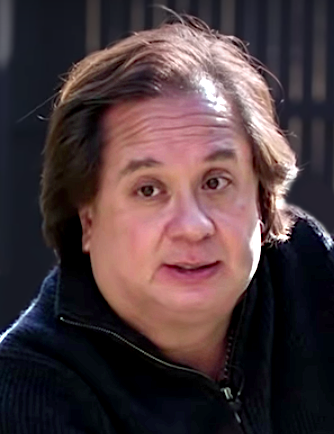Key Takeaways:
- A top CDC shake-up shows a clash over who controls facts.
- Conservative lawyer George Conway says we face a return to the “dark ages.”
- He warns against firing experts who report real data.
- Public protests at town halls reflect growing mistrust.
Dark Ages Become Reality Under This Administration
Recently, the Centers for Disease Control saw high-level officials leave after resisting HHS Secretary Robert F. Kennedy Jr. This move sparked warnings from conservative attorney George Conway. On a weekend news show, he compared the push for total control over data and truth to dragging America into the dark ages.
Background of the CDC Changes
First, Department of Health leaders asked some CDC experts to fall in line with new directives. However, these experts insisted on independent review of health data. As a result, they were shown the door. In turn, this purge alarmed many who value science-based decisions.
Next, Conway tied this event to a bigger pattern. He recalled a past incident in the Trump era when the president fired the head of the Bureau of Labor Statistics. According to Conway, that leader refused to twist job numbers to match a political narrative. This, Conway argues, shows a clear desire to control the facts themselves.
Control Over Facts
Conway warned that a leader who demands loyalty to his version of truth puts the nation at risk. He said, “Everything has to be under his control, including reality and facts.” Simply put, this kind of power grab can cripple honest reporting. Without honest numbers, policy decisions lose their firm ground.
Moreover, he pointed out that independent data on unemployment and inflation should live outside political agendas. By removing experts, the administration signals that it cannot handle real, sometimes uncomfortable figures. Instead, they want officials who will echo only their preferred story.
Because of this, Conway sees a pattern. He believes that controlling information leads to public distrust. When experts vanish or are silenced, people grow suspicious of what they are told. Consequently, town halls erupted in anger, with attendees booing GOP lawmakers who defended the firings.
How This Leads to Dark Ages
Conway’s stark phrase “dark ages” might sound dramatic. Yet he uses it to stress how dangerous ignoring facts can be. In medieval times, lack of knowledge led to widespread misconceptions. Similarly, if modern leaders reject established data, we risk repeating that error.
Furthermore, he noted that science and data drove many 21st-century advances. Healthcare, technology, and economics all rely on accurate numbers. Without them, progress stalls. Therefore, removing independent sources is like tearing down a bridge to the future.
Also, Conway underlined that controlling facts means molding public opinion. Since many rely on official reports, people tend to believe the data they see. However, if those numbers no longer reflect reality, public trust crumbles. In his view, this decline in trust sets the stage for ignorance and fear.
Reactions and Concerns
Across the country, town halls turned tense. Constituents yelled and booed as lawmakers defended the firings. They called out the removal of experts who once guaranteed honest data. Clearly, people worry that hiding the truth harms them directly.
Furthermore, public health advocates fear the same. They warn that without open, accurate disease tracking, outbreaks could spread unchecked. In fact, masked data could delay vital warnings or prevent effective responses.
At the same time, some officials argue that trimming bureaucracy boosts efficiency. They claim fewer experts means faster decisions. Yet critics respond that speed without accuracy leads to mistakes, wasted resources, and public harm.
What This Means for the Future
Looking ahead, the purge at the CDC may set a new tone for other agencies. If independent voices are silenced, other departments could face similar crackdowns. Thus, Conway’s warning touches on a bigger risk: a shift from open debate to strict control.
Moreover, public skepticism may deepen. When people doubt official sources, they turn to unverified channels. This can fuel rumors, conspiracy theories, and social discord. Over time, that erodes the shared facts needed to build solutions.
However, some lawmakers promise to push back. They propose stronger protections for career scientists and data experts. These measures aim to keep truth-gathering shields intact, regardless of political whims.
Still, time will tell if these steps succeed. In the meantime, Conway’s words ring as a call to action. He urges citizens to value honest data and to hold leaders accountable when they seek to rewrite reality.
Frequently Asked Questions
Why does Conway call it the “dark ages”?
Conway uses the term to highlight what happens when facts and data lose power. He believes silencing experts leads to ignorance, similar to times before modern science.
How does firing experts affect public health?
Experts track disease trends and warn of outbreaks. Without their input, health responses slow, possibly worsening crises and endangering lives.
Can limiting data control improve efficiency?
Some argue fewer voices speed decisions. Yet, missing or false data often cause mistakes that cost more time and money later.
What can citizens do to protect honest data?
People can support laws that shield independent experts. They can also stay informed, ask questions, and demand transparency from elected officials.
